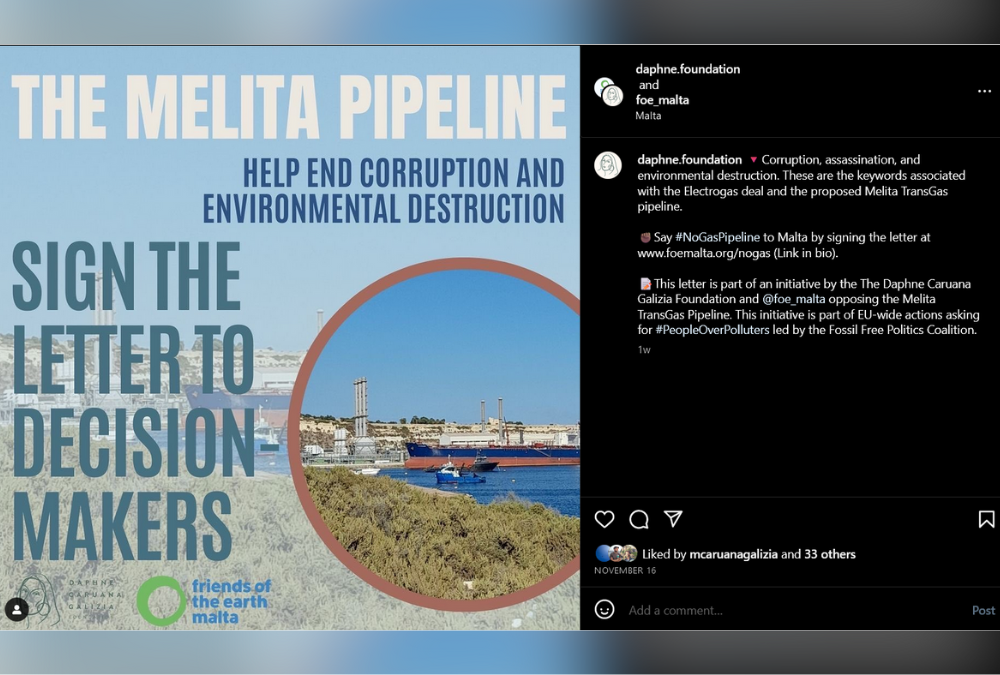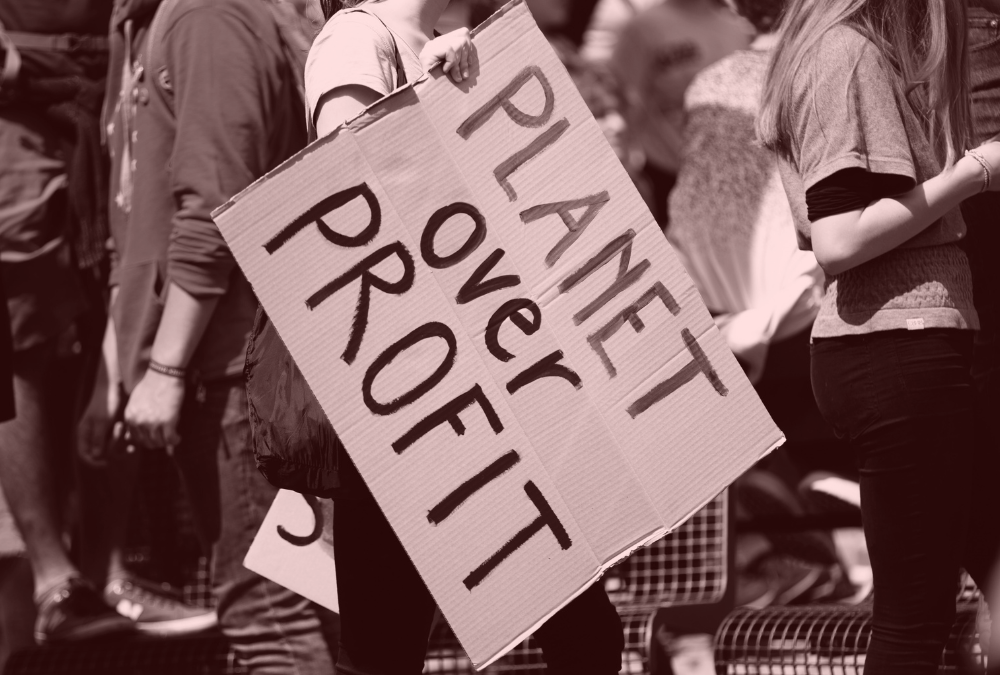In three days’ time, the United Arab Emirates, one of the foremost petrostates in the world, will be hosting the United Nations’ Climate Change Conference, known to most by its acronym COP28.
The build-up towards the 13-day conference, which is set to bring together tens of thousands of influential policy-makers, executives from the world’s leading governments and international bodies, far too many oil lobbyists, and far too small a number of advocates for climate change action, has done little to inspire confidence that an unequivocal commitment to cutting down fossil fuel consumption and a drastic increase in investment in renewable energy sources will be secured.
As 2023 is well on its way to claiming the dubious accolade of hottest year ever documented on record, far-right parties in Europe are feeding off climate skepticism that is, in turn, buoyed by concerns about how efforts to tax greenhouse gas emitting industries may result in the cost being passed on to consumers (incidentally, these same parties often make no mention of how these price hikes should, if anything, be directly absorbed by targeting the profits of the ultra-wealthy to address the systemic inequality at the heart of climate change).
One of the most polluting industries in the world – after, of course, the fossil fuel industry – is the euphemistically named defence industry, the very same one that is current raking in massive profits from providing the global market with the tools to wage the kind of destruction we are seeing in Ukraine and in Palestine. These two inherently destructive industries operate in an infinity loop pattern that is evidently nowhere near to being dismantled and, if anything, is set to grow at record rates.
While climate scientists tear their hair out in despair, world leaders and industry giants are gathering in the halls of power to quibble over plans that inevitably go over their scheduled targets due to inadequate carbon-cutting policies.
While the world (literally) burns, one is simply left aghast at how the cost of averting climate disaster is essentially being weighed out as a more important determinant than the disaster itself. It is the equivalent of wasting precious time calculating the cost per litre of water you’re about to use before putting out the fire that is consuming your house.
Of course, not all countries across the world can be lumped into one basket. By way of one particularly shining example, Portugal, with some help from an extended period of exceptionally favourable wind speeds and an overall strong track record with environmentally-sound policies, managed to produce all of its domestic energy needs from entirely renewable sources for six consecutive days.
Malta is far behind the curve on this particular issue. Although it is easy to be tempted into dismissing the argument altogether with often trotted out excuses – Malta has limited land resources, we have a small carbon footprint that is negligible on a global scale, we are dependent on heavy industries like shipping for our imports and are therefore limited in terms of what we can do about it – there really is no excuse at all to justify how Malta produces just 10.3% of its energy from renewable sources.
If anything, the very fact that we are a small island nation should serve as an incentive to try out more radical solutions that might simply not be feasible for larger countries. A lack of political vision has left us high and dry in this particular department. God forbid, for example, if anyone mentions that our dependency on cars, a major source of air and climate pollution, must be brought to an end once and for all.
To anyone who’s seriously thought about this issue for more than 20 minutes, it is simply mad to think that the constant influx of private vehicles being added to our roads does not need to be addressed. Our dependency on the importation of food (another carbon-intensive industrial activity) is another example of an issue that is hardly ever spoken about, in spite of the facts that farmers’ organisations have been repeatedly raising the alarm about it. The depletion of natural groundwater resources is another.
The government made plenty of promises to an electorate that is becoming increasingly aware of the full scale of the climate crisis. Given the acceleration of the pace at which climate change is occurring, its tangible, visible impact through aberrations like unseasonably hot weather and longer spells of dryness is now impossible to ignore, and people are quickly beginning to turn towards their political representatives for answers.
The latest, hottest hype train is the country’s national policy for offshore renewable energy, which so far outlines plans to have the first wind or solar floating farms. My more frequent readers will probably be able to guess where I’m going with this, but the way in which major infrastructural projects carried out by this government end up mired in corruption allegations really is a pattern that is impossible to ignore.
At the moment, the EU is considering dispensing funding for the €400 million Melita TransGas pipeline which would link Malta to Sicily. The pipeline would link to the power plant in Delimara, which is operated by the Electrogas consortium. One of the ultimate beneficial owners of Electrogas is Yorgen Fenech, currently awaiting trial for complicity in the assassination of Daphne Caruana Galizia.
Friends of the Earth Malta and the Daphne Caruana Galizia Foundation have called for the project to be delisted from the EU’s list of projects it is considering for funding, further pointing out that further investment in fossil fuel ready infrastructure at a time when investment in renewables is needed more than ever is inherently counter-productive.

The tendering process for a €600 million waste-to-energy incinerator has been bogged down in scandal after multiple bidders called foul play when information about bids was prematurely released. Furious bidders claim this was as an underhanded tactic to favour a consortium which is partly made up of Bonnici Brothers, a company that is known to have close ties with prime minister Robert Abela.
These examples of mismanagement and outright corruption, which go hand-in-hand with the occasional vanishing act of other poorly thought out policy promises (the metro project, anyone?), ought to be enough to prevent anyone from thinking that the government can be trusted to transparently and fairly administer projects on the scale of an offshore wind/solar farm. If anything, the last few weeks have shown that politicians from within the ruling party’s fold cannot even be trusted with a dozen trees in a village square.
Given the scale, urgency, and extent of the climate crisis and the enormous chasm between what needs to be done and what is being done to address it, I’ve decided to dedicate a special commentary focus on news items that are linked with COP28 and/or climate change at large as well as instances of environmental crime. These commentary and analysis pieces will be uploaded through 30 November – 12 December as the conference progresses.
I also want to extend an invite to any relevant experts who may wish to send guest posts about this subject for publication on this website throughout the two weeks in which COP28 will be held. If you wish to contribute to this discussion, feel free to reach out to The Critical Angle project through our dedicated Contact section.


